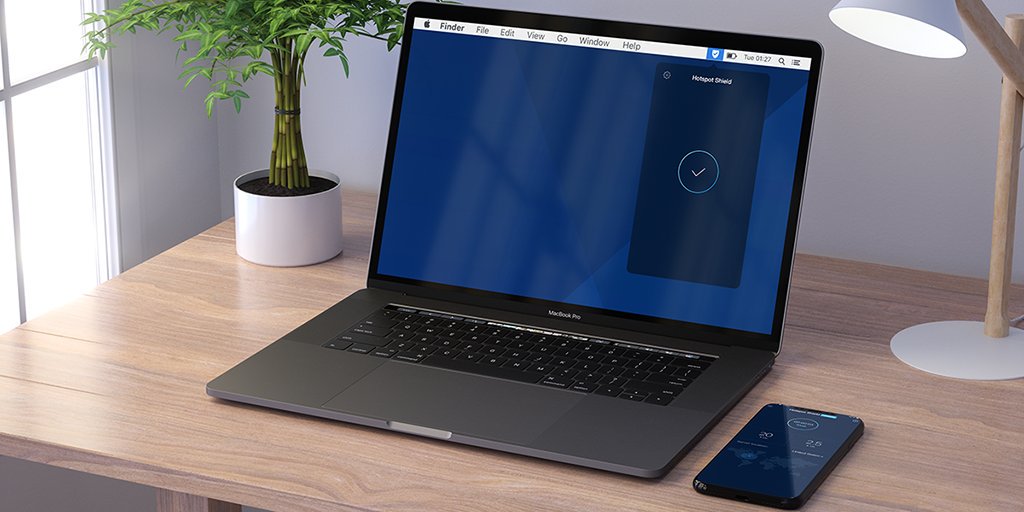How to get a Finnish IP address
The easiest way to improve your digital privacy is to switch your IP address using a VPN. We’ll …

In the modern digital age, we rely on the Internet to help us run almost all aspects of our lives. We communicate with our doctors, share pictures with our loved ones, and conduct financial transactions. We exchange ideas, discuss things we’re passionate about, and we connect with family, colleagues, merchants, suppliers, and customers each day using mobile applications.
The amount of data accumulated about us online is, therefore, enormous. But perhaps even more shocking, according to one study, is that 90 percent of all this data has been collected over the last three years.
This includes data about our demographics and online behavior. In the next five years, this online data will grow exponentially, creating a goldmine for hackers, identity thieves, and malware—as well as corporations such as insurance companies, Facebook, and governments.
Bad actors, as well as even legitimate companies, will try to gain access to our data without our consent. They could steal our financial info, spy on our kids, or mine our health data and then increase our insurance premiums based on our health profiles.
Further, over the next five years, we will experience two major technological changes that will impact billions of people. First, billions of devices—such as our garage openers, refrigerators, thermostats, and mattresses—will become connected to the web via The Internet of Things. Second, 5 billion users living in developing markets will join the Internet for the first time, moving from feature phones to smartphones.
These two major shifts will create incredible opportunities for exploiting our data.
Our experience at AnchorFree running Hotspot Shield—the world’s largest Internet Privacy Platform—tells us that most people don’t care about privacy issues 70 percent of the time. The other 30 percent of the time, however, they care about privacy greatly. When do they care? Usually, it’s when it comes to health, wealth, and family.
You might be surprised to know, for example, that the health-related searches we do online are collected and sold to insurance companies. Protecting our privacy while doing these searches is, therefore, of great importance. As is protecting our privacy when communicating with friends and family or conducting financial activities online.
Privacy and security go hand in hand. When traveling and connecting to public WiFi hotspots at airports, hotels, and coffee shops our data is at the greatest risk. Millions of Americans have their identity stolen each year and frequently identity theft happens when they’re connected to public WiFi. Even in the privacy of your own home, your Internet Service Provider can collect all of your online browsing information.
The issue of our online security and privacy is not only technological or financial but also a moral issue. Most people don’t have anything to hide, but they have a lot to protect.
Imagine living in a house where your bathroom, shower, bedroom, and living room all have hidden cameras. These cameras gather information about your preferences, tastes, emotions, ideas, family, health and wealth, and then sell this data to a wide variety of entities, including private companies, governments, and even thieves.
Would this be morally right? Of course not.
In exactly the same way, it is not morally right to collect online data about our families, children, friends, health, finances, ideas, and passions without our consent. In fact, The United Nations has declared online privacy as a basic human right.
Those relying on online data to make money could argue that moral values and business opportunities do not always go together. However, in the case of protecting billions of Internet users, they are very much aligned. We can do what is morally right while driving massive shareholder returns at multi-billion dollar valuations. That can be accomplished by creating the next generation of products that will protect the privacy, security, and Internet freedoms of the next billion-plus Internet users.
Through innovation, we can give power over personal data to the people to whom the data belongs and build billion-dollar industries that will create major global value.
